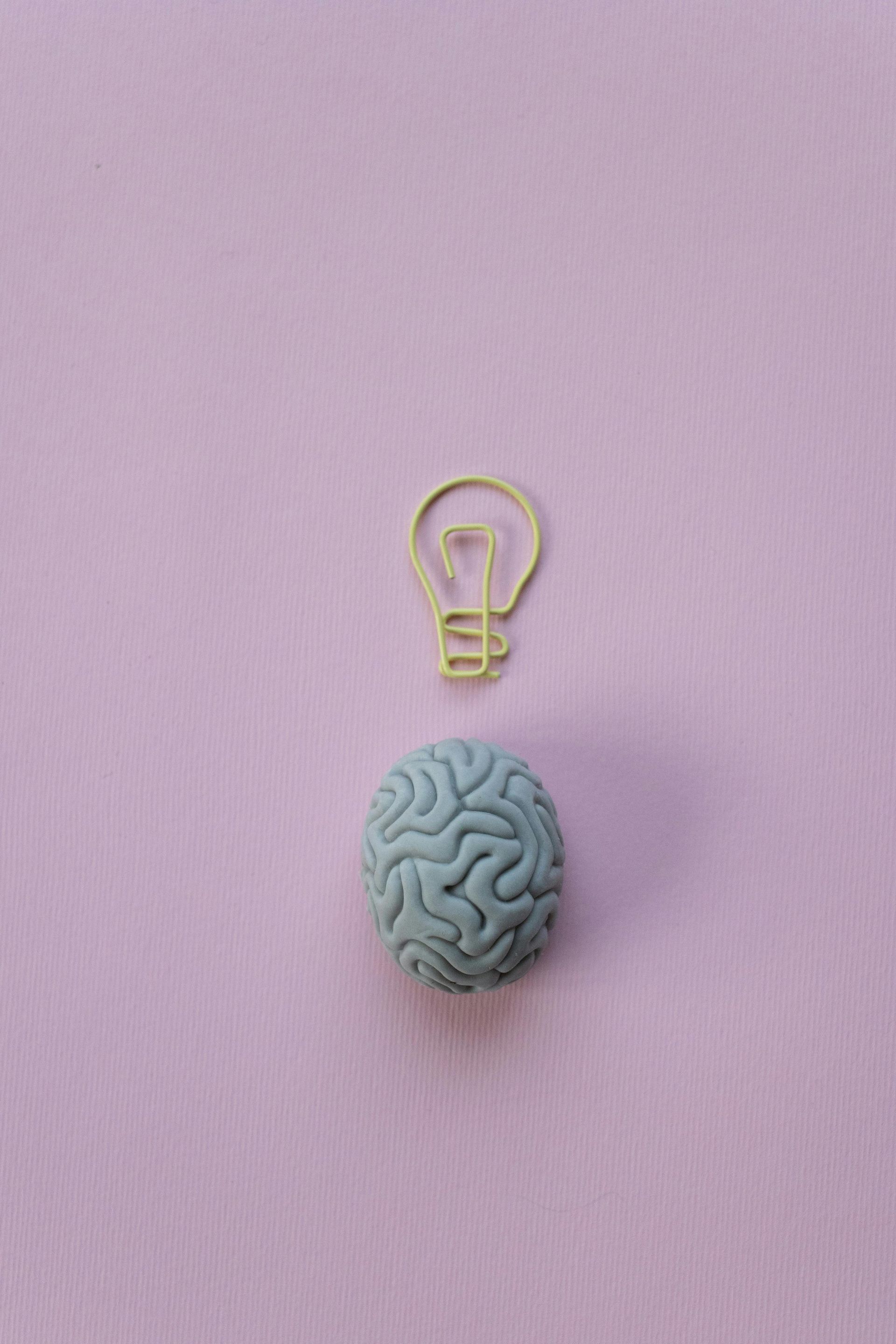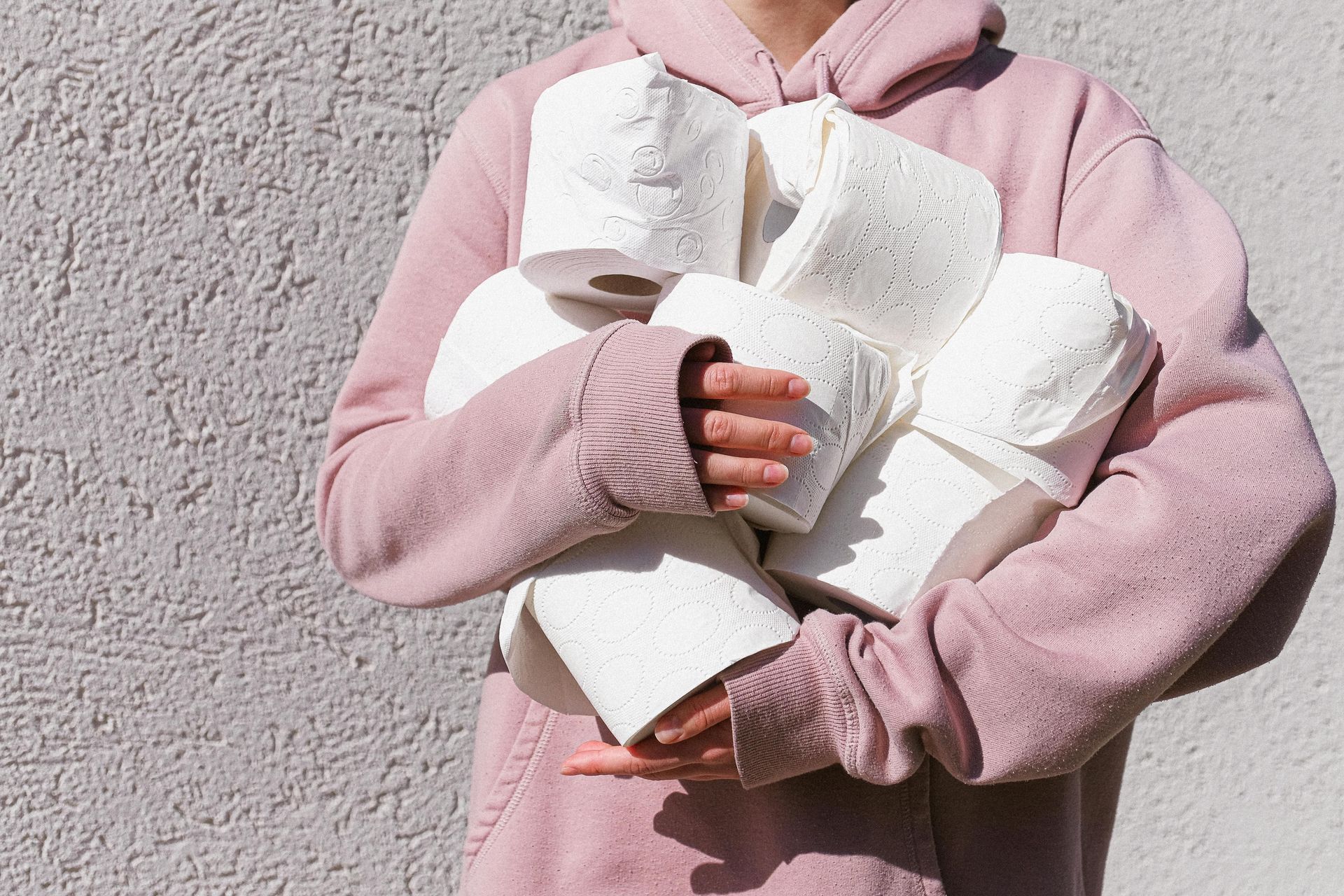3 Surprising things that help build more muscle
And the first one's a doozie!
We all know that as we age, we lose muscle mass and density, and this leads to all sorts of unappealing outcomes.
And mostly, the advice is:
1. Resistance training because: use it or lose it
2. Make sure you're eating enough protein to allow your body to rebuild the muscles you're trying to strengthen.
Which is fine. But I have a few more surprising adds for you today.
Use your head!
If you find you've plateaued a bit - for example, you're still finding your neck aches during The Hundred; or you've got stuck at the same weights for your squats for ages - try this trick that lots of professional athletes do.
Let's take increasing your weights for squats as an example.
Imagine yourself picking up the bigger weights. In your mind, you set yourself up to do the squats perfectly (you can imagine my dulcet tones if it helps, because we know "technique before load" every time).
Imagine starting to performing your squats with the bigger weights. In your mind, really feel each rep. The sit down. The stand up. Where the weights are. How every part of your body feels.
What you can see, hear and even smell as you do the exercise.
And imagine yourself being totally successful with the additional weight.
The more detail you add to your imagery, the better!
- Spend 5-15 minutes before, during or after an exercise vividly imagining the specific exercise you want to improve.
- Aim to repeat your imagery exercises about 3x / week
Why does it work? Because it's literally rehearsing the activity - priming the neural pathways that build the mind-body connection; and enhancing motor planning, focus and confidence.
Researchers found that when they asked individuals to perform visualisations before exercise, they were able to lift heavier weights than those that hadn't done it. In fact, strength gains ranged from 2.6% - 136%!!
Same with any Pilates exercise. Want to progress? Then add visualisation to your schedule as well as doing your actual practice.
You can read the study here
Up your Omega-3 intake
We already know that omega-3's (the long chain fatty acids [LCFA] in oily fish like salmon, mackerel and herring) are good for your brain, but I have two surprises for you!
The first is that this particular piece of research was specifically about the effects of omega-3 on older women (so yay!); and secondly that it isn't just great for brain health.
In their tests, the researchers looked at the effects of resistance training on muscle building with and without a dietary intervention of additional omega-3.
The outcome was that increasing omega-3 LCFA intake seemed to improve muscle response, and they experienced better muscle strength due to growth of muscle fibres (increased 23%).
If eating more fish isn't an option, supplements work too.
You can read the research paper here
Manage micro-nutrients
We all know about calcium and vitamin D for stronger bones. But there are other vitamins that have an impact on our muscles too:
Vitamin B12 deficiency has been linked with poorer muscle quality and bone health in older adults. You can increase your intake via fish, seafood, poultry and eggs; or via supplementation.
Choline is essential for maintaining muscle function. Eat more eggs, leafy green and cruciferous veggies and legumes. Also, watch out for various over the counter drugs that actively deplete choline:
- Diphenhydramine (Benadryl, Advil PM, Aleve PM)
- Doxylamine (NyQuil)
- Chlorpheniramine (some allergy/cold medicines)
- Meclizine, Dimenhydrinate (Dramamine for motion sickness)
Iron deficiency increases the risks of frailty in older adults as well as reducing aerobic and anaerobic capacity. Add more (guess what?) leafy green and cruciferous veggies, legumes, eggs, nuts and seeds.
In summary
Do your exercise and eat good quality protein.
And don't forget to add omega-3, leafy & cruciferous veggies and legumes to really dial up your diet (and minimise use of anti-cholinergic drugs where possible).
And give visualisation a try too.










